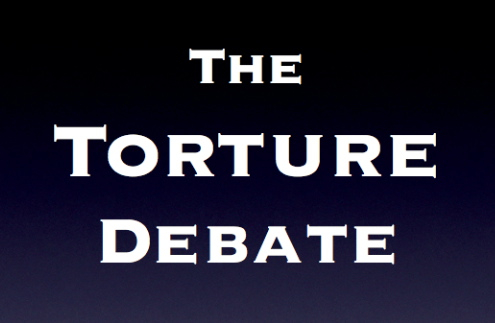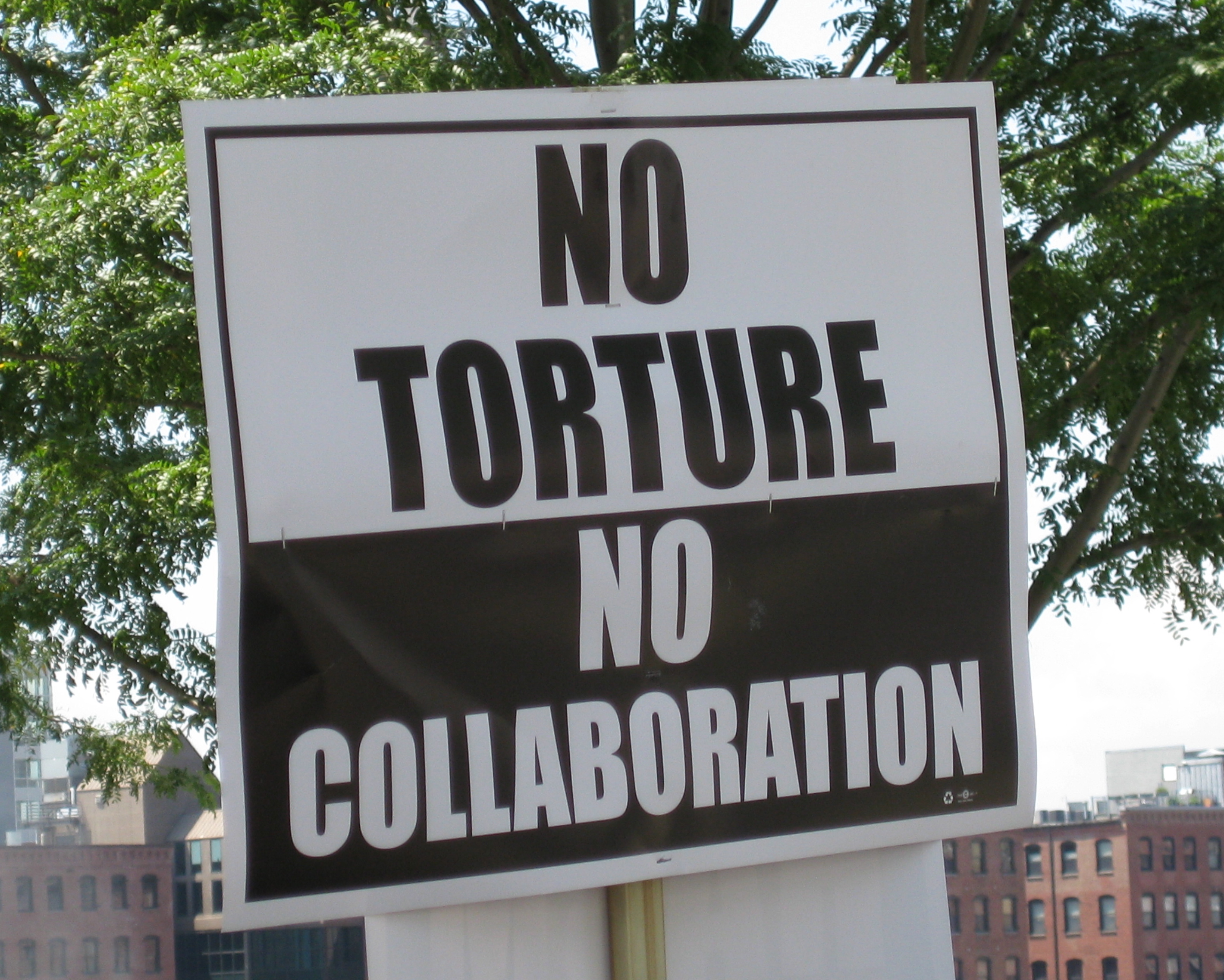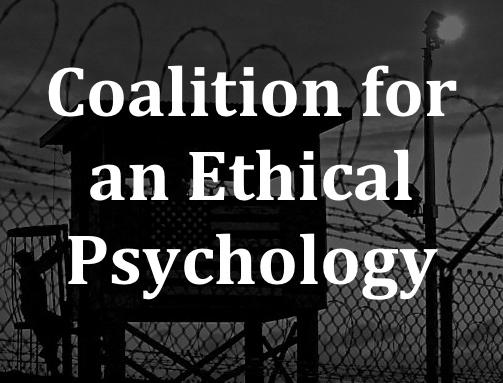Last month, a proposal to establish a US Special Operations Command (SOCOM) Center for Excellence in Operational Neuroscience at Yale University died a not-so-quiet death. The broad goal of “operational neuroscience” is to use research on the human brain and nervous system to protect and give tactical advantage to U.S. warfighters in the field. Crucial questions remain unanswered about the proposed center’s mission and the unusual circumstances surrounding its demise. But just as importantly, this episode brings much needed attention to the morally fraught and murky terrain where partnerships between university researchers and national security agencies lie.
A Brief Chronology
Let’s start with what transpired, according to the news reports and official press releases. In late January, the Yale Herald reported that the Department of Defense had awarded $1.8 million to Yale University’s School of Medicine for the creation of the new center under the direction of Yale psychiatrist Charles Morgan III. Descriptions of the proposed center’s work revolved around the teaching of Morgan’s interviewing techniques to U.S. Special Forces in order to improve their intelligence gathering. To heighten the soldiers’ cross-cultural awareness and sensitivity, Morgan reportedly intended to draw volunteer interviewees from New Haven’s immigrant communities.
Continue reading “Neuroscience, Special Forces, and Ethics at Yale”


